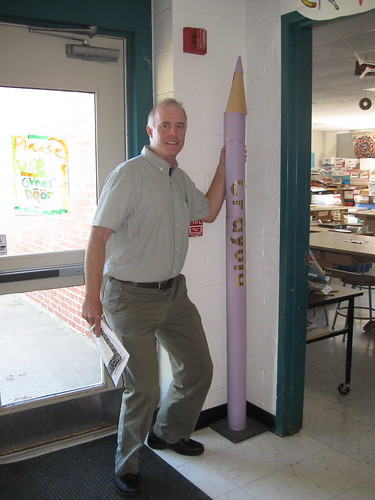(go to infographic directly)
If you’re like me, you’ve no doubt noticed not only the influx of infographics all over the Web which highlight the power of sharing data in a visual way. I find many infographics fascinating and I keep trying to figure out a meaningful way to bring that concept into my classroom. I know you could do it easily enough in math, and probably in science, too, but it’s not always an easy fit in Language Arts. So, I keep thinking and mulling, and I know we can do something later this year around the Voices on the Gulf project.
The other day, I thought I would give the creation of one a try with some results of a survey I took of my sixth graders, a site on the web that turns data into graphs, and Glogster as my presentation platform. The Infographic I created is all about the sleep patterns of my students (we are going to read an article about sleep and young people and digital devices next week). I’m not completely happy with it, but for the first attempt, I think it came out good enough. It’s not as snazzy as those I often see in my RSS reader.
Meanwhile, Larry Ferlazzo had a great link to a post entitled “Some Awesome Free Tools to Make Infographics” (there is something to be said for straight-forward blog post titles, isn’t there?). There are some great tools there, as well as at Larry’s long list of Infographic resources.
Peace (with information),
Kevin



